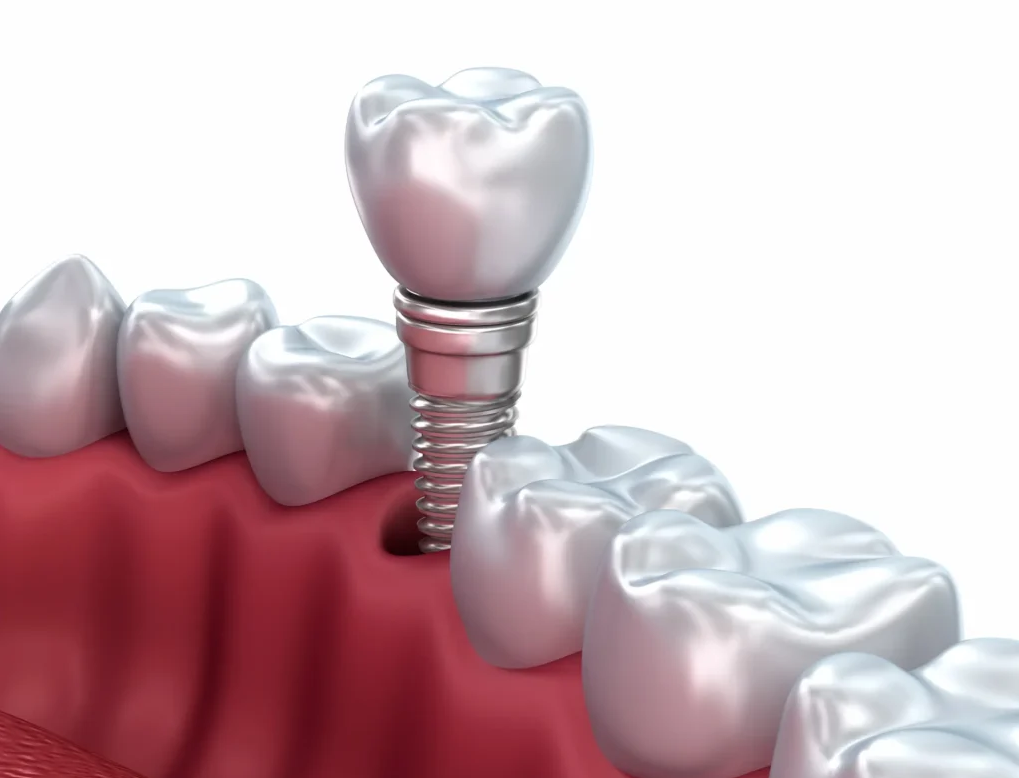
Dental implant complications can be concerning and often unexpected for patients who have invested in this long-term tooth replacement solution. When an implant screw becomes loose or falls out completely, it requires prompt attention to prevent further issues and protect your oral health. Working with an exceptional dental company that specializes in implant dentistry can make a significant difference in diagnosing the underlying cause and implementing effective solutions. This article explores the most common reasons why dental implant screws fail, signs to watch for, and what steps you should take if you experience this problem. Understanding these factors can help you maintain your dental implants and prevent future complications.
Improper Placement of Dental Implant
When a dental implant screw falls out, one of the common causes may be due to the improper placement of the implant during the initial procedure. Proper placement is essential for the long-term success of dental implants. During the surgical procedure, the implant should be positioned accurately in the jawbone to ensure stability and osseointegration. If the implant is placed too shallow, it may not have enough support from the surrounding bone, leading to potential failure and screw loosening. Conversely, if the implant is placed too deep, it can cause damage to vital structures and compromise the overall integrity of the implant site. Hence, meticulous planning and precise execution of the implant placement are crucial to prevent screw complications and ensure successful outcomes.
Insufficient Bone Support
Inadequate bone support can significantly contribute to the occurrence of dental implant screw issues, impacting the long-term stability and success of the implant. When there is insufficient bone density or volume at the implant site, the screw may not be able to anchor firmly into the jawbone. This lack of support can lead to loosening of the screw and eventual failure of the implant. Factors such as bone resorption, improper healing after extraction, or bone quality can all play a role in inadequate bone support. To address this issue, bone grafting procedures or alternative implant placement techniques may be necessary to enhance bone support and ensure the longevity of the implant. Regular monitoring and assessment of bone support are essential for successful implant outcomes.
Infection or Peri-Implantitis
In cases of a dental implant screw falling out, addressing infection or peri-implantitis is vital to ensure the implant’s longevity and functionality. Peri-implantitis is a condition characterized by inflammation around the implant site, often caused by bacterial infection. It can lead to bone loss and compromise the stability of the implant. Symptoms may include bleeding gums, swelling, and discomfort. Proper oral hygiene, regular professional cleanings, and timely treatment of any infections are essential in preventing peri-implantitis. Treatment typically involves thorough cleaning of the implant surface, possible antibiotic therapy, and in severe cases, surgical intervention. Early detection and management are key to preserving the implant and surrounding tissues, ensuring the success of the implant restoration.
Excessive Bite Force or Grinding
Excessive bite pressure or grinding can apply undue stress on dental implants, potentially leading to complications such as screw loosening or fracture. When dealing with excessive forces, it is essential to address the issue promptly to prevent further damage. Here are some key points to keep in mind:
- Night Guards: Using a night guard can help safeguard the implants from the pressures generated during teeth grinding.
- Occlusal Adjustment: Proper adjustment of the way the teeth come together can help distribute forces more evenly.
- Stress Management: Techniques such as meditation or counseling can help reduce grinding induced by stress.
- Regular Check-ups: Regular visits to the dentist can help identify any issues with excessive bite pressure early on.
- Customized Treatment Plans: Individualized treatment plans can address specific concerns related to excessive force on dental implants.
Poor Oral Hygiene Practices
Maintaining proper oral hygiene practices is fundamental for the long-term success of dental implants. Neglecting oral hygiene can lead to a buildup of plaque and bacteria around the implant site, causing inflammation of the surrounding tissues, known as peri-implant mucositis. If left untreated, this condition can progress to peri-implantitis, which involves bone loss around the implant and may eventually result in implant failure. To prevent these complications, it is essential to brush and floss regularly, use antimicrobial mouth rinses, and attend regular dental check-ups. Moreover, proper technique is crucial when cleaning around the implant to ensure all surfaces are thoroughly cleaned. By maintaining excellent oral hygiene habits, individuals can reduce the risk of implant complications due to poor oral hygiene practices.
Related Topics:
